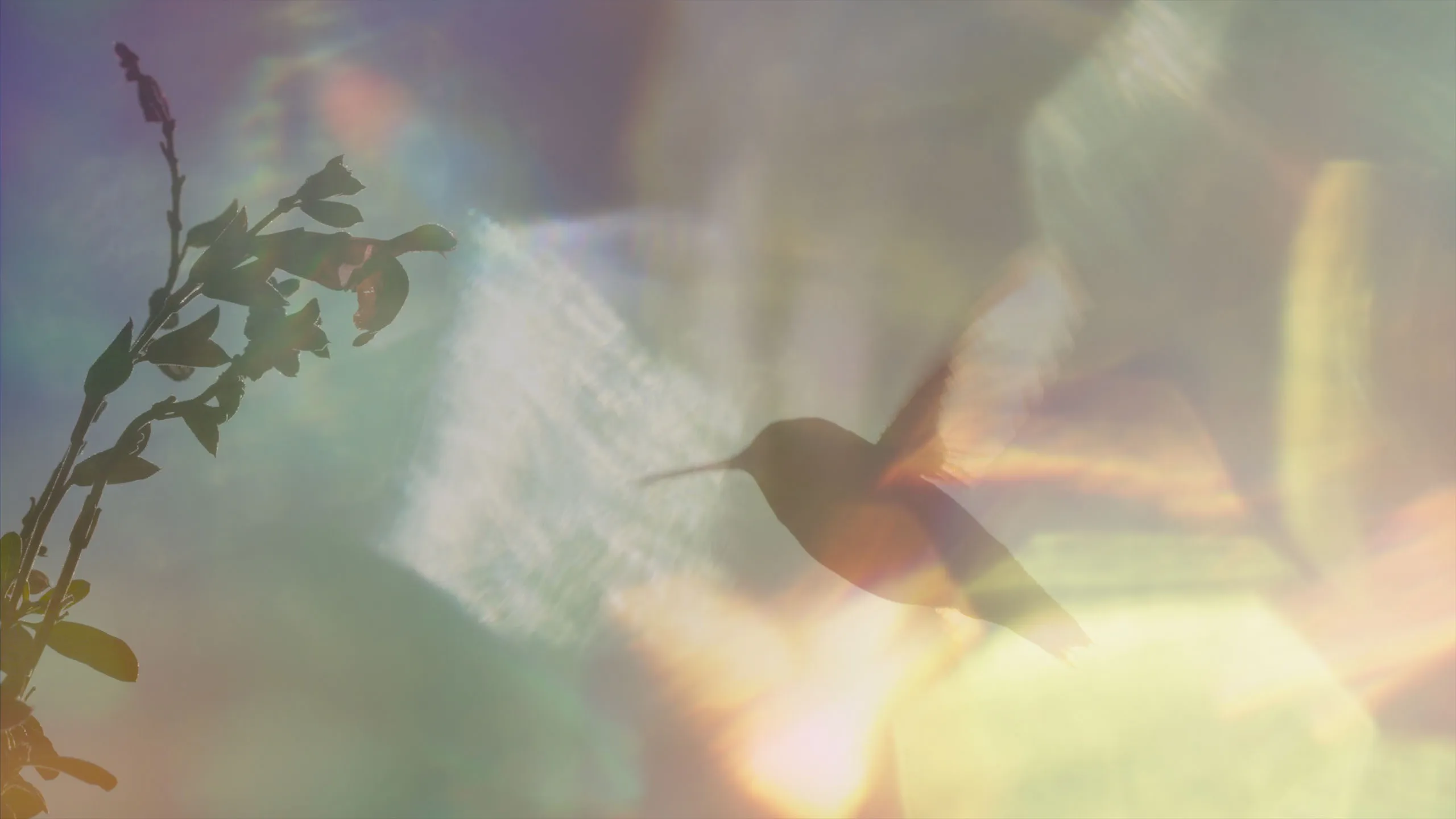Sundance Film Review: EVERY LITTLE THING
Film Reviews
Sundance Film Review: Every Little Thing
Director: Sally Aitken
Wildbear Entertainment
Premiere: 01.21
Terry Masear is an uncommonly empathetic person. She’s the subject of Sally Aitken’s documentary EVERY LITTLE THING, which details a few weeks in Masear’s life as a rehabilitator for the injured hummingbirds of Los Angeles. In the literal sense, the film is told on as small a scale as possible, taking place entirely in Terry’s home and backyard aviary as she nurses several birds back to varying degrees of health. In a truer sense, it’s a contemplation on the webs of life that connect the world, the things we owe to each other as living beings and what the small and simple lives of animals can help us understand about persistence, death and impermanence.
To the birds in her care, Terry is a teacher, a physical therapist and a parent. She knows each one by name, appearance and personality. “When they don’t have much hope,” she says, “I try not to bond,” but it’s clear that “try” is the operative word there. Aside from a few finders who bring the birds to her home, Terry is the only human character. It’s a deft magic trick by Aitken that the dozen-or-so birds we follow become the film’s leads, as their struggles to regain flight and independence form genuinely powerful emotional arcs.
It’s magic aided in large part by photography, as the film frequently shrinks down from its already-small scale to feature hypnotic high-frame-rate imagery of hummingbirds doing hummingbird things. At this speed, about 500 frames per second, every breath and beat of wings is distinct, transforming the birds’ normally helicopter-esque buzz into a vision of physical grace and energetic exertion. It’s a beautiful shift in perspective, and it feels like an almost noble use of the medium and technology.
If it sounds a little new age lifestream-and-materia spiritual, I promise it’s not. Terry is consciously unsentimental about the work she volunteers and she’s fully aware of the competitive, sometimes violent dynamics of the natural world. But she knows, wisely, that humankind and nature are not separate quantities. Her dedication to serving and nurturing these creatures brings Terry no monetary gain, and perhaps does very little in terms of measurable ecological impact. She helps them anyway, because compassion is a vital function of the human soul, and because the way we treat small and helpless things, especially when we don’t have to, is the best reflection of how we’ll treat everything else.
To see an injured hummingbird is too much for most people to bear, Terry says. “They feel like they’d be a monster not to help this creature.” Perhaps Terry’s empathy is not so uncommon after all. –Daniel Kirkham
Read more of SLUG‘s comprehensive coverage of the 2024 Sundance Film Festival.
